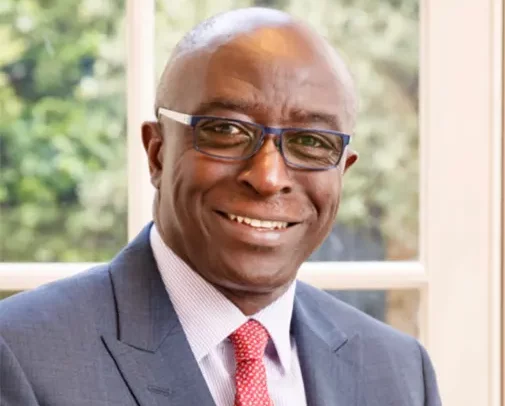
Professor Kwame Akyeampong
Ghanaian educationist and global thought leader, Professor Kwame Akyeampong, is set to launch his latest book, co-authored with Dr. Sean Higgins, titled, “Reconceptualising the Learning Crisis in Africa: Multi-dimensional Pedagogies of Accelerated Learning Programmes.”
The event will take place on October 22, 2025, at the Kempinski Hotel Gold Coast City in Accra.
The book is a powerful critique of dominant global narratives that have long characterised Africa’s education systems as deficient. Drawing on decades of research, fieldwork, and real-world case studies in Ghana, Ethiopia, and Liberia, the authors argue for a radical shift in how Africa’s so-called “learning crisis” is understood and addressed.
Rather than focusing narrowly on test scores and literacy gaps, the book advocates for inclusive, locally grounded, and African-rooted pedagogies that centre children’s lived experiences, local languages, and the relational philosophy of Ubuntu.
The event, supported by T-TEL Ghana, Luminos Fund, Jacobs Foundation, IDP Foundation, Yidan Prize Foundation, and mc2h Foundation, is expected to draw a distinguished audience of academics, policymakers, development partners, civil society leaders, and education practitioners from across the country and beyond.
Prof. Akyeampong, who is currently Professor of International Education and Development at the Open University (UK) and the Founding Director of its Centre for the Study of Global Development, has long championed educational strategies that reflect the cultural, social, and linguistic realities of African learners.
His career spans over three decades, including leadership roles in UNESCO and advisory positions with institutions such as the Luminos Fund, T-TEL, Jacobs Foundation, Yidan Prize Foundation, mc2h Foundation and the Ghana Centre for Democratic Development.
In Reconceptualising the Learning Crisis in Africa, Akyeampong and Higgins argue that:
- The “learning crisis” in Africa is not just a technical challenge but an ethical failure of the international development community to uphold educational justice.
- Framing African children, teachers, and communities in deficit terms undermines their identity, agency, and potential.
- The use of local languages in early education remains a critical but overlooked factor in improving learning outcomes.
- Accelerated learning programmes (ALPs) offer effective, scalable models that mainstream schools can learn from.
- The involvement of parents, families, and communities is essential to improving foundational learning.
- African values and philosophies, especially Ubuntu, must underpin any sustainable education reform.
Case studies from the book, such as Ghana’s Complementary Basic Education (CBE) programme, Ethiopia’s Speed Schools, and Liberia’s Second Chance Programme, demonstrate how contextually relevant ALPs have delivered impressive results for out-of-school and underperforming children.
The launch will also feature a keynote address, a presentation by the authors, a panel discussion with education practitioners, and a book signing and networking session.
Attendees will discuss how the book’s insights can shape ongoing reforms in Ghana’s education sector and across the continent.
A Daily Guide Report
Read Full Story
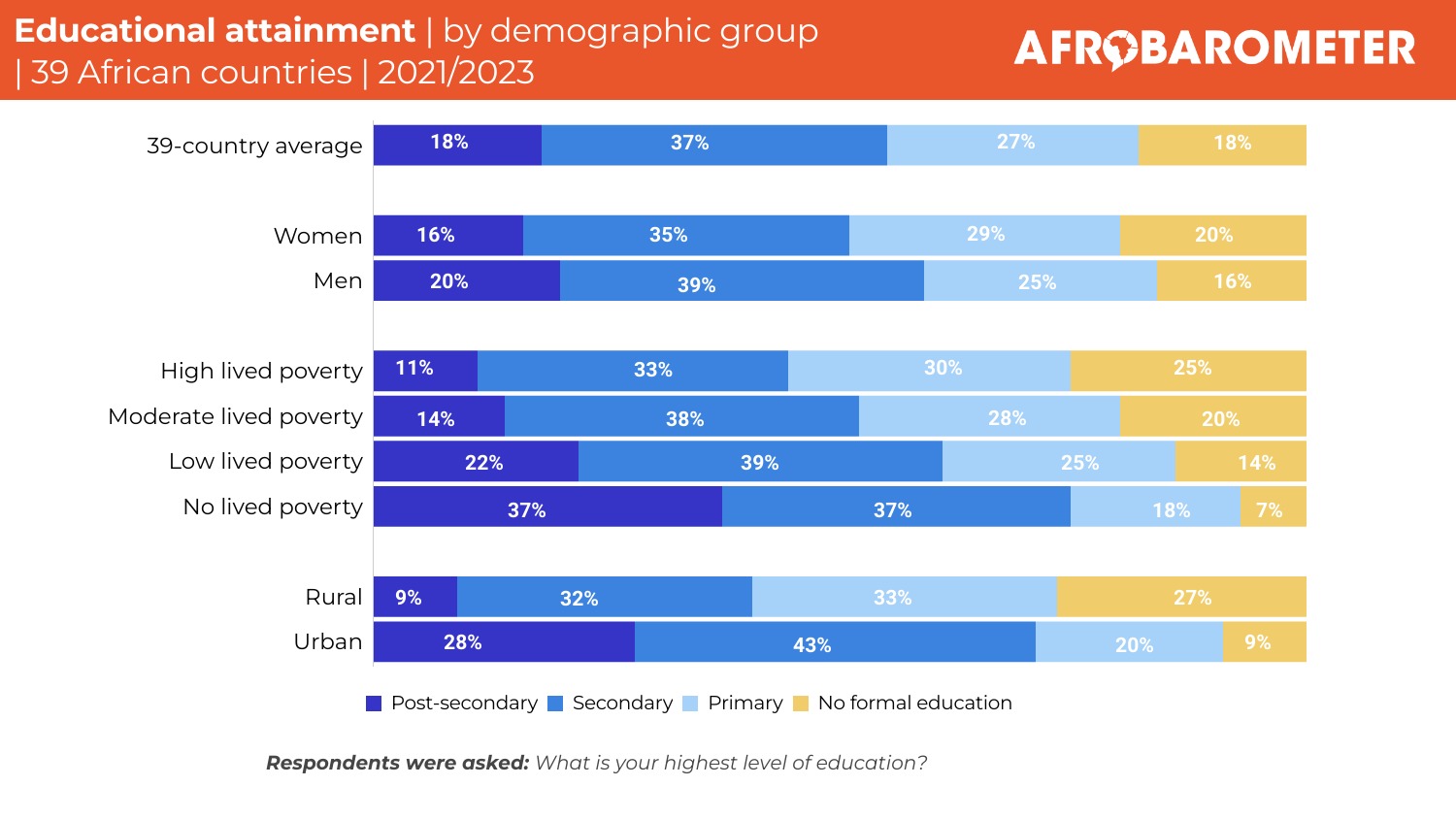

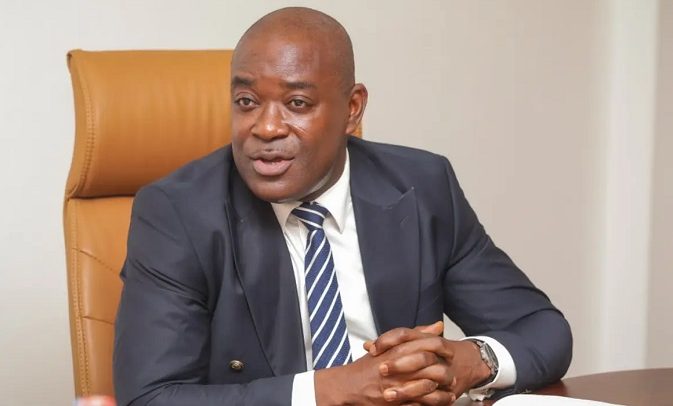
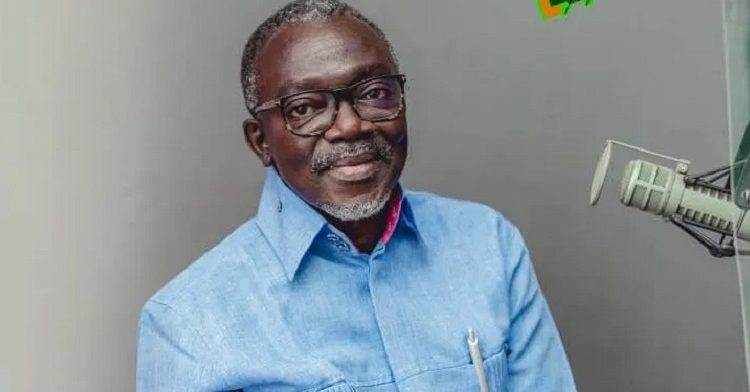
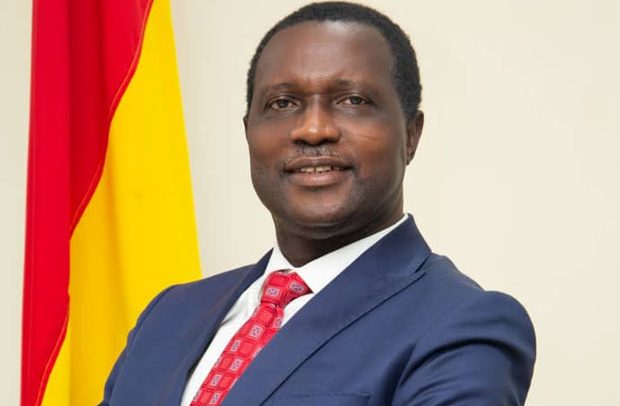
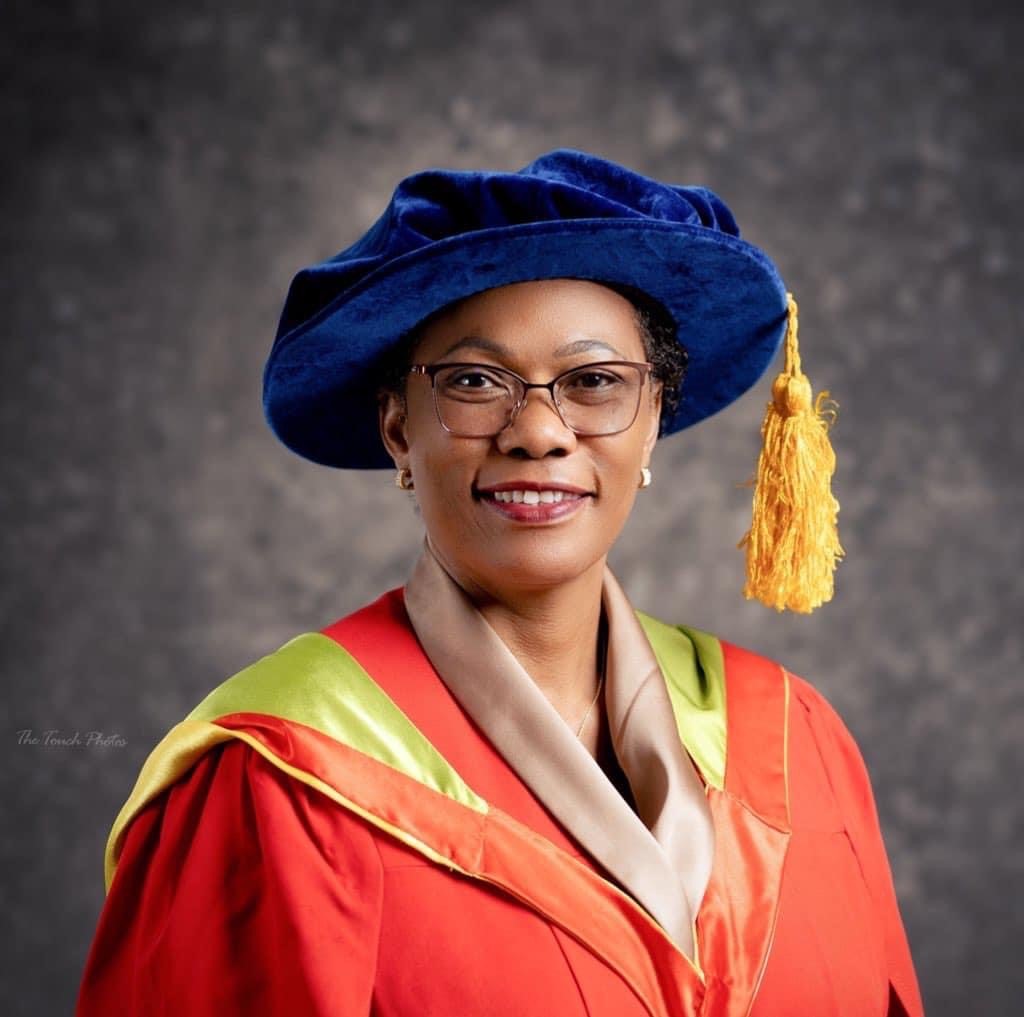













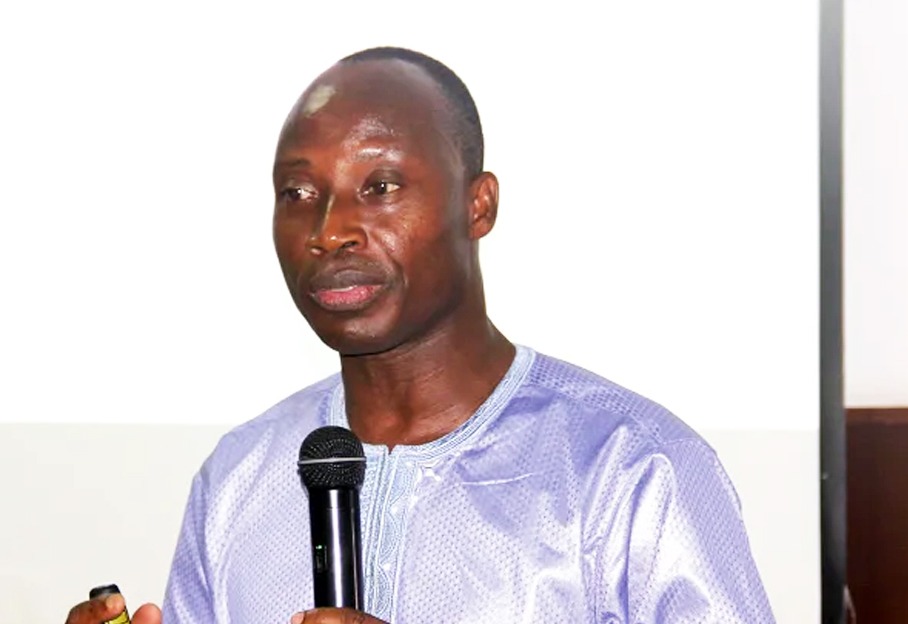

Facebook
Twitter
Pinterest
Instagram
Google+
YouTube
LinkedIn
RSS